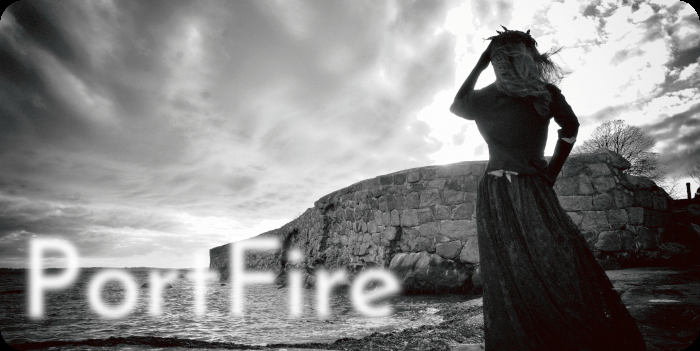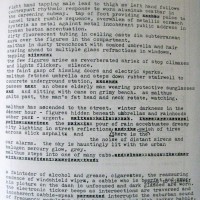All Text Posts
Mason’s Stoup 2
Mason’s Stoup 1
Malthus Prufrock, Chapter One, 1992
Depot House (from the 4 Roosevelt zine “Chez Depot”)
The Depot was an answer when we most desperately needed it.
Mystic itself was going though an enormous change. The recession of the late 80’s/early 90’s was a new wrinkle in the fabric of American life. Mystic had always been a town where most kids were able to go to college, and then were expected to move away to more prosperous places. For those of us coming of age at the time, there were no prosperous places to relocate to. Almost all of my friends who were accepted at prestigious institutions ended up graduating from UConn, or other state schools, as the paradigm shifted. Home was to be the haven, and we decided to build it to our own specifications. This was a Mystic first, having a community of young artists stay in their hometown to build a dream. But we really didn’t have any other choice.
This aesthetic allowed an atmosphere of possibilty. With the Depot existing , Mystic folk could return home to a real world, and Mystic kids could begin to think that there was an alternative to leaving town. The construct of this new actuality was the courant of its time. We called it “Post”.
As in -“Post Everything”- a way to destroy the cultural constrictions of art by using language as a weapon as well as a defining prayer. Music as communique toward a level that would have symbiotic relationships flourish into audiences. The written word that demanded to be the spoken word, with Hozomeen Press, Fuse,The Root of Twinkle, and Albert Kausch’s poetry series at the Packer helping to drive that momentum. “Post” was the realization of a common goal. And yet, beyond this cultural currency, it was simply being in that house- and making it work- that liberated us.
My most lasting memory of the Depot is the summer of 1992, when we were clinging to each other in an effort to not have to move back home. Matt Hamilton rented the closet under the stairs for $50 a month. The rest of the original members were paying $106 per month to reside there. The Greenman Collective was being built at the same time. We were as dependent on each other as we would ever be in our lifetimes. And that was exactly what we were trying to create.
This became the common thread winding its way through the lives of the Depot members. How do we all coexist? What were the parameters? How would commitment to discipline be attained?

